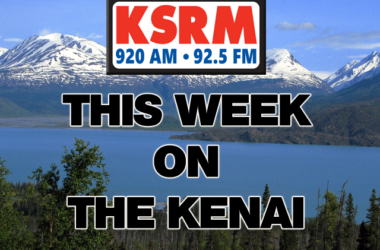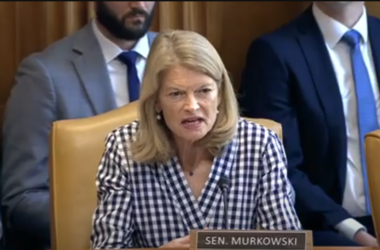In Alaska’s attempt to prevent and reduce tobacco use, the State of Alaska’s policies have received a poor report card from the American Lung Association.
Alaska received one F grade and two D grades on policies to prevent and reduce tobacco use, according to the American Lung Association’s 21st annual “State of Tobacco Control” report, released today. The state earned mixed overall grades on this year’s report.
The “State of Tobacco Control” report evaluates state and federal policies on actions taken to eliminate tobacco use and recommends proven-effective tobacco control laws and policies to save lives. This is critical, as tobacco use remains the leading cause of preventable death and disease in America and takes the lives of 610 Alaskans each year.
Carrie Nyssen, Senior Director of Advocacy at the American Lung Association in Alaska stated, “Alaska lags behind when it comes to tobacco control policies, and as a result, we have higher than average adult smoking rates at 17.1% and 33.7% of high school students use a tobacco product. This gives us an important opportunity to improve the health of our state through proven policies, such as increasing tobacco taxes.”
The “State of Tobacco Control” report grades states and the District of Columbia in five areas that have been proven to prevent and reduce tobacco use and save lives. In the 2023 report, Alaska received the following grades:
- Funding for State Tobacco Prevention Programs – Grade B
- Strength of Smokefree Workplace Laws – Grade B
- Level of State Tobacco Taxes – Grade D
- Coverage and Access to Services to Quit Tobacco – Grade D
- Ending the Sale of All Flavored Tobacco Products – Grade F
The “State of Tobacco Control” report relates that one of the most effective ways to reduce tobacco use, not only among low-income individuals but also for youth, is to significantly increase the tax on all tobacco products, including e-cigarettes. Multiple studies have shown that every 10% increase in the price of cigarettes reduces consumption by about 4% among adults and about 7% among youth.
Alaska has not significantly increased its cigarette tax since 2004 and should increase the tax by $2.00 per pack. A tax on electronic cigarettes should also be considered as these tobacco products are not currently taxed.
To learn more about this year’s “State of Tobacco Control” grades and take action, visit Lung.org/sotc.






